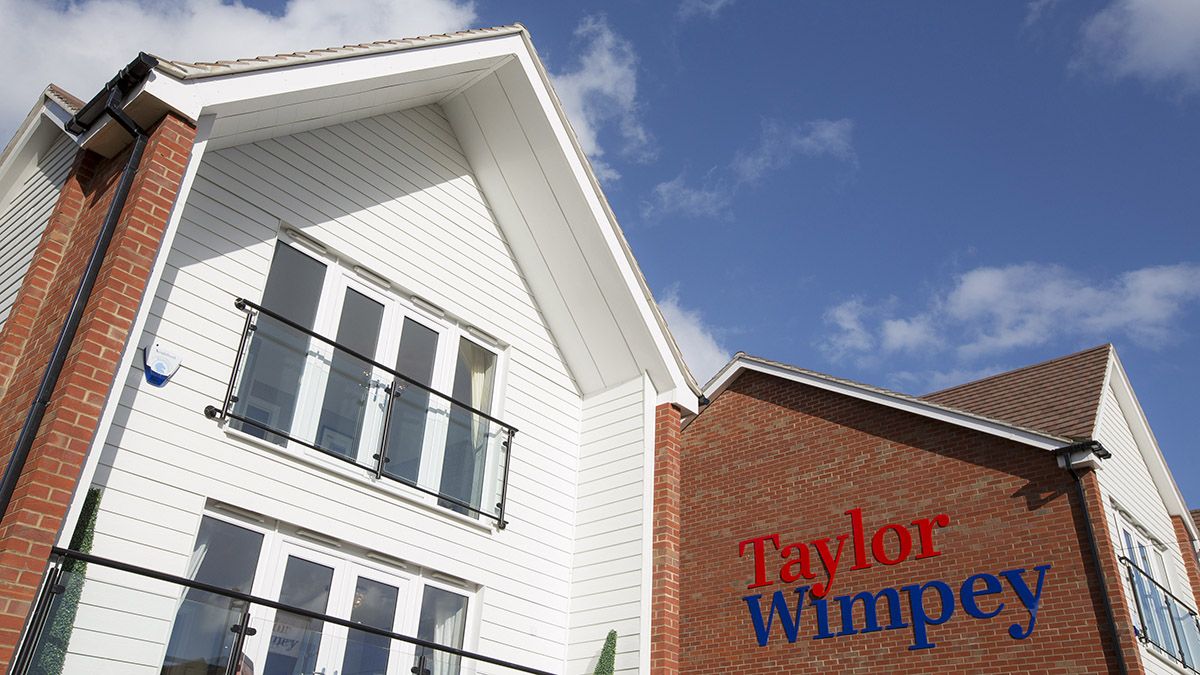
Housebuilding stocks experienced large share price falls in the wake of the initial lockdown of the UK economy over a year ago. Taylor Wimpey’s [TW] share price, for example reached a high of 232.40p in February 2020, but less than six week later in early April, the shares had sunk to 101.50p, a fall of 56%.
Taylor Wimpey share price rebuilds
Taylor Wimpey’s share price gradually recovered from the initial lockdown but plunged again – and even lower this time – to just 98p on 24 September, as it became clear that UK coronavirus rates were on the rise and some restrictions were reintroduced. The FTSE 100 constituent's shares have slowly recovered again since then, reaching a 52-week high of 193p last week on 16 April, but are still below their pre-pandemic lows.
The sector has managed to shake off the worst of the past 12 months, as was shown in Taylor Wimpey’s full-year numbers released in March, however costs have increased significantly in order to safeguard the workforce. Costs have also been increased in the supply chain, with prices of some materials rising as a result of port delays. This has led to operating margins falling quite sharply, from 19.6% to 10.8% – a decline of 8.8%.
Those escalating costs and the squeeze on margins saw full-year revenue decline by 35% to £2.79bn, sending profit lower by 68% to £217m. The fall in completions to 9,799 was largely as a result of the first lockdown, which delayed the sales process. The company also set aside £125m in respect of funding to support fire safety improvement works for leaseholders in high-rise buildings, to ensure they meet fire safety regulations.
Outlook brightens
On the plus side, management took the decision to pay a final dividend of 4.14p per share. And with the stamp duty holiday extended further in March’s UK Budget, the demand outlook has continued to look solid, while average selling prices have increased to £288,000 from £269,000. In March, the company said that the order book was just shy of £2.8bn, comprising just over 11,000 homes, with over 50% sold.
There’s certainly been a boom in construction activity, after the IHS Markit purchasing managers’ index (PMI) for the construction sector reach 61.7 in March, up from 53.3 in February, signalling strong growth. IHS Markit economic director, Tim Moore, said “total activity expanded to the greatest extent for six-and-a-half-years as residential spending remained robust, commercial projects restarted and infrastructure contact awards moved ahead.”
Expectations are for Taylor Wimpey’s 2021 volumes to come in at around 85% to 90% compared with 2019, with a view to getting operating margins back up to around 21%-22% in the next two to three years. This year’s target is for a return to between 18.5% and 19%, which seems a big ask given margins are currently only at 10.8%
How will Taylor Wimpey’s share price react when the housebuilder’s Q1 results are released at 7am on Thursday 22 April?
Disclaimer: CMC Markets is an execution-only service provider. The material (whether or not it states any opinions) is for general information purposes only, and does not take into account your personal circumstances or objectives. Nothing in this material is (or should be considered to be) financial, investment or other advice on which reliance should be placed. No opinion given in the material constitutes a recommendation by CMC Markets or the author that any particular investment, security, transaction or investment strategy is suitable for any specific person. The material has not been prepared in accordance with legal requirements designed to promote the independence of investment research. Although we are not specifically prevented from dealing before providing this material, we do not seek to take advantage of the material prior to its dissemination.





















